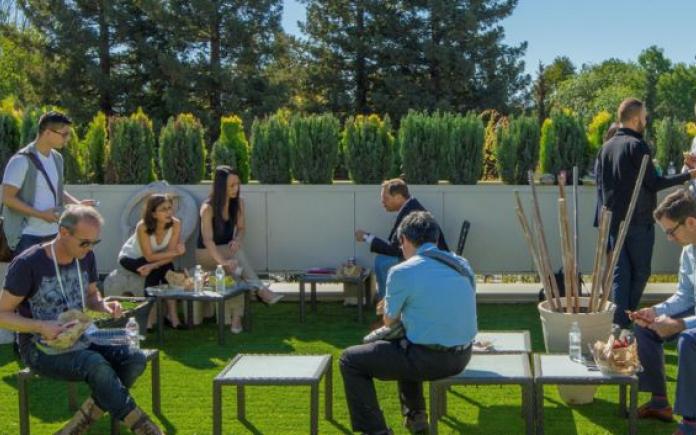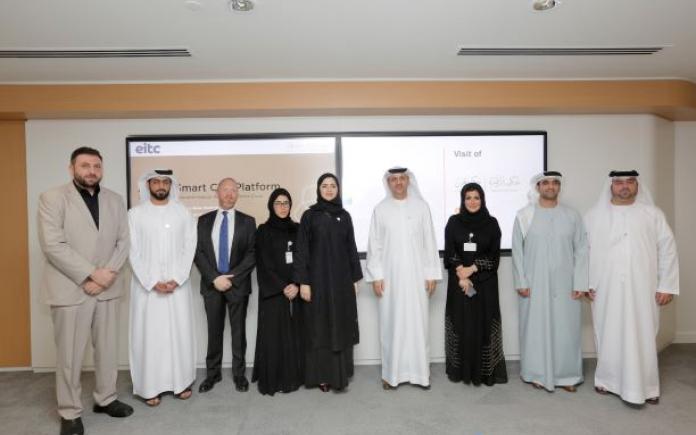
Aeternity First Hardfork goes live
Aeternity First Hardfork goes live
æternity, a blockchain-based platforms for developing decentralized applications (æpps) and deploying powerful, yet private smart contracts within State Channels, have carried out their first hard fork and ‘Minerva’ release. This is the first of three scheduled hard forks.
With their native AE token now live on æternity’s network, users will be able to:
- Initiate lighting fast transactions on one of the fastest public Blockchains secured by Proof-of-Work (already more than 10 times faster than Ethereum on-chain and unlimited throughput through off-chain State Channels)
- Develop and run Sophia smart contracts - online editor available here
- Open / close state channels via JavaScript SDK
- Become an Oracle or query oracles
- Mine AE tokens based on the Bitcoin-NG consensus protocol, a Cornell University modification of Bitcoin’s secure Nakamoto Consensus.
- Register names in the integrated naming system (beta .test namespace)
- Participate in the improvement process of the æternity open source software by joining forum.aeternity.com and via the upcoming AExpansion Git Repository https://forum.aeternity.com/t/aeternity-best-current-practices/2461
- Make use of all applications that are available and currently being developed
Founded in 2016 by Yanislav Malahov, æternity saw its Mainnet go live in November 2018 letting early adopters, developers, and miners for the first time test and build upon a live version of its decentralized network.
"æternity is one of the most advanced public and open source smart contract platforms, secured by Proof-of-Work yet providing a high throughput scalability solution through State Channels for the masses. The protocol is innovative with names and oracles built to run forever. The development process followed strict rules of high quality software development from the very beginning. Built in Erlang by some of the most experienced experts in the industry, we believe æternity will play a major role in public, enterprise and government applications in the future." commented by Emin Mahrt, æternity Chief Product Officer.
Updates to the æternity virtual machine being enabled with the Minerva release further improve the behavior and efficiency of smart contracts written in Sophia, the functional programming language which aims to become formally verifiable. Sophia has been developed by æternity’s seasoned development team compromising of Robert Virding (co-creator of Erlang), the company of John Hughes (co-designer of Haskell), Ulf Norell (the brains behind the Agda programming language for formal verification) and Erik Stenman (project manager of Scala & ex-CTO of Klarna).
There are a number of technological features incorporated in the core protocol like names and oracles, though the one that sets æternity apart from the competition is in its native State Channels – a highly-scalable off-chain medium whose only interactions with the blockchain need be in the opening and closing of channels. State Channels allows for AE tokens, information and data to be transferred directly between peers with 0 transaction fees, complete privacy and speed limited only by bandwidth and CPU power. State Channels can also store smart contracts that can directly interact with on-chain oracles and make use of the naming system.
Recent throughput tests performed in just one state channel, with parties based in Ohio & Frankfurt have delivered 1000 transactions in 7.53 seconds, which increases phenomenally when more state channels are opened that can independently execute transactions. There is no upper limit on the number of State Channels that can exist simultaneously.
The Minerva Mainnet hard fork occurred at block 47800 today, 7th March 2019. In addition to the improved performance and usability of the network, the fork transferred all AE tokens migrated in the second migration phase to the Mainnet. The AE token migration process is being executed in four phases and enables users to migrate their Ethereum AE tokens (ERC20) to the æternity Mainnet.
æternity also announced that the Ledger Nano S hardware wallet has been integrated into the migration process, enabling secure token migration for æternity holders.



